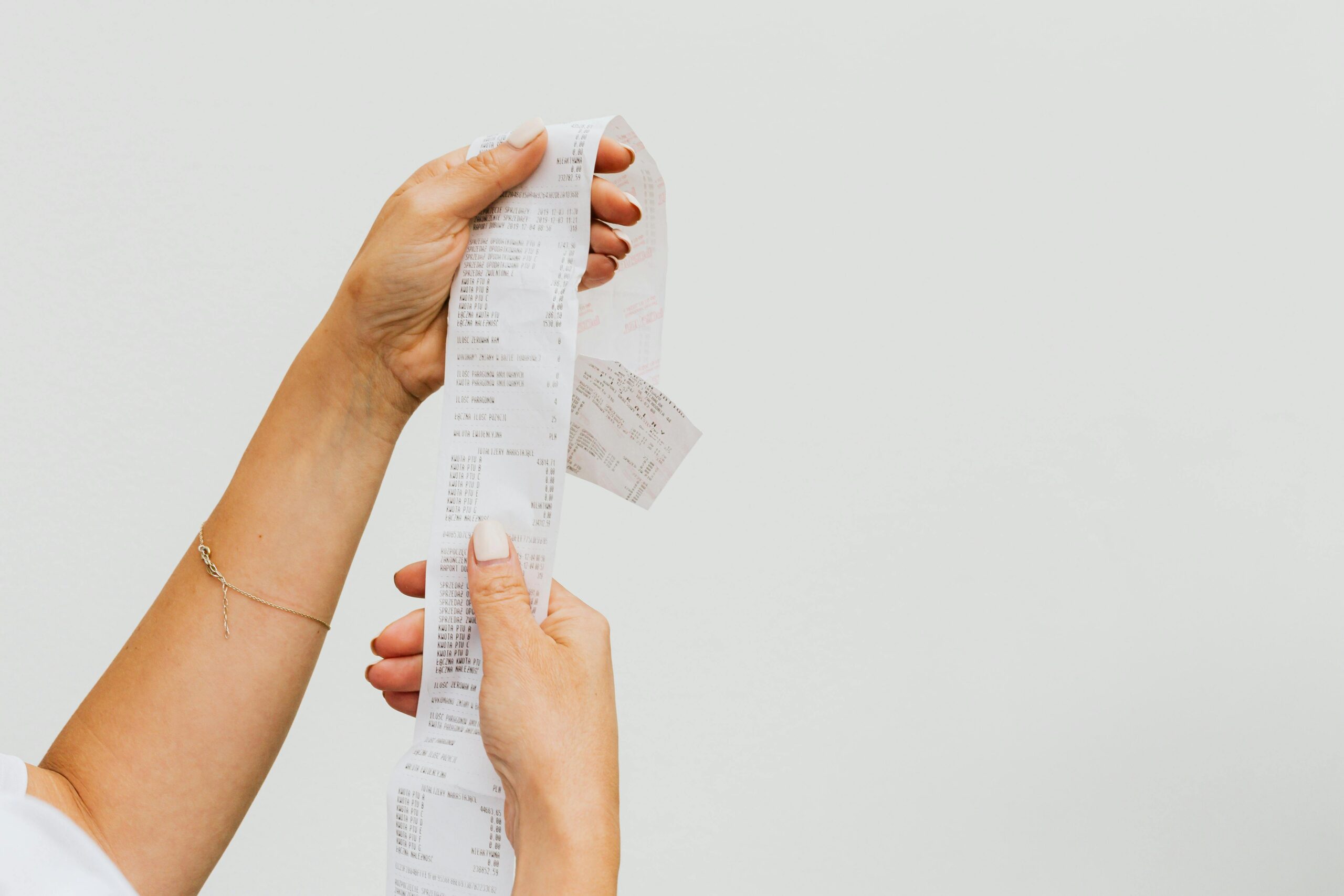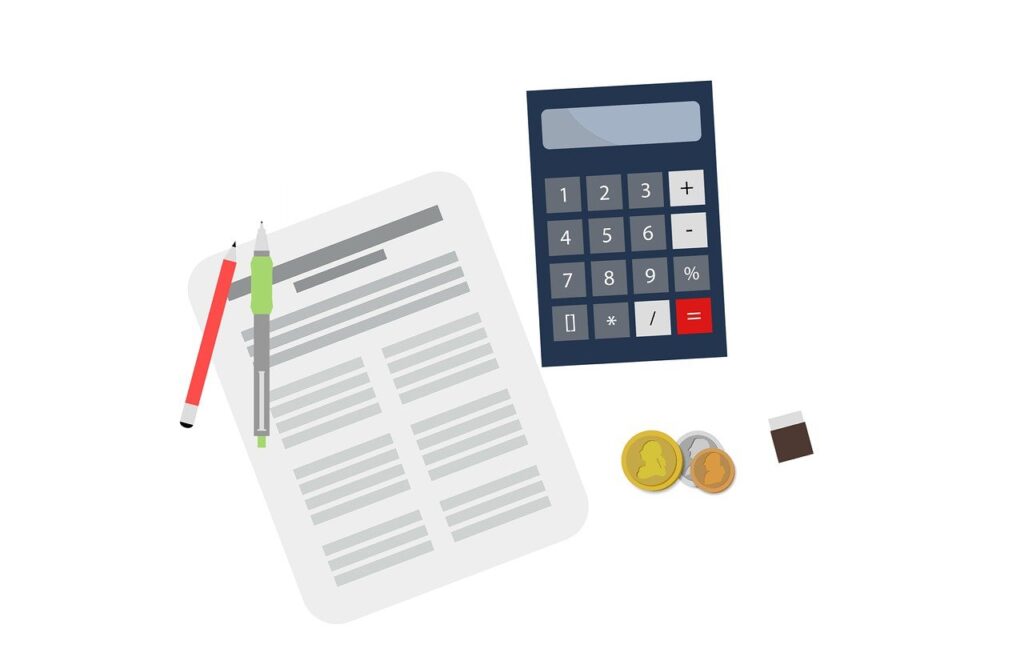Physical Address
304 North Cardinal St.
Dorchester Center, MA 02124
Physical Address
304 North Cardinal St.
Dorchester Center, MA 02124

Managing personal finances often feels overwhelming, but one habit consistently stands out as a game-changer: tracking your spending. Whether you’re looking to save for a dream vacation, eliminate debt, or achieve financial independence, keeping tabs on where your money goes is the foundation of financial success. Let’s explore why tracking your spending is the most transformative financial habit you can develop, and how it sets you on the path to financial freedom.
Tracking your spending involves recording every dollar you spend and categorizing it. This practice gives you a clear understanding of your financial behavior. From daily coffee runs to monthly subscriptions, every expense adds up. By diligently monitoring these outflows, you gain a detailed picture of your financial landscape, which helps you make informed decisions about your money.
The first step toward improving your finances is understanding them. Many people feel financially stressed simply because they don’t know where their money goes each month. By tracking your spending, you can identify:
DID YOU KNOW? Studies show that people who track their expenses are more likely to stick to a budget and achieve their financial goals. Learn more about Personal Spending Plan on investopedia.
Habits dictate how we spend money. Tracking your spending reveals patterns that may otherwise go unnoticed. For instance:
Recognizing these trends allows you to make intentional adjustments and align your spending with your priorities.
Small, frequent expenses often referred to as “financial leaks”—can drain your finances over time. By tracking your spending, you’ll uncover these leaks, such as:
Eliminating these leaks can free up money for savings or investments.
When you’re accountable for every dollar, you’re less likely to make impulsive decisions. Many people find that the mere act of tracking their spending makes them think twice before buying. This heightened awareness leads to more disciplined spending habits.

Starting this life-changing habit doesn’t have to be complicated. Here’s a step-by-step guide:
There are several ways to track your spending. Pick one that fits your lifestyle:
Divide your spending into categories such as food, housing, transportation, entertainment, and savings. This breakdown helps you see where you’re overspending and where you can cut back.
Dedicate time each week or month to review your tracked expenses. Look for trends and identify areas where you can improve.
Read also: How to Master Your Spending Habits for Financial Freedom
While tracking your spending is straightforward, many people face challenges when starting out. Here’s how to overcome them:
Solution: Use automated tools like budgeting apps that sync with your accounts and categorize transactions for you.
Solution: Make tracking a daily habit. Set a reminder on your phone or track expenses immediately after making a purchase.
Solution: Start small. Focus on tracking just one category, like groceries, before expanding to others.

The benefits of tracking your spending go beyond financial management; they set you up for long-term wealth:
When you’re mindful of your expenses, it’s easier to find areas to save. Even small adjustments like brewing coffee at home, can add up over time. Use the money saved to build an emergency fund or invest in assets that grow your wealth.
Once you know where your money is going, you can set realistic goals. Whether it’s paying off debt, saving for a down payment, or retiring early, tracking your spending is the first step to achieving these milestones.
A clear understanding of your finances reduces uncertainty and stress. When you’re in control of your money, you can make confident decisions and plan for the future.
While tracking your spending and budgeting are often mentioned together, they serve different purposes. Tracking shows you where your money has been, while budgeting helps you plan where it will go. Together, they form a powerful duo for financial management.
If you’re new to budgeting, start by using the data from your expense tracking to create a realistic budget. Tools like YNAB can help you merge tracking and budgeting seamlessly. Check out expert tips on effective budgeting.
The habit of tracking your spending is a cornerstone of financial well-being. It provides clarity, accountability, and the tools to achieve your financial goals. While it may require effort initially, the long-term rewards—from reduced stress to increased savings—are worth it.
Start today. Choose a method, log your expenses, and witness the transformative power of understanding your spending. Remember, every financial success story begins with a single step, and for many, that step is tracking their spending.
Recommended Reading:
Start your journey now and take control of your financial future!